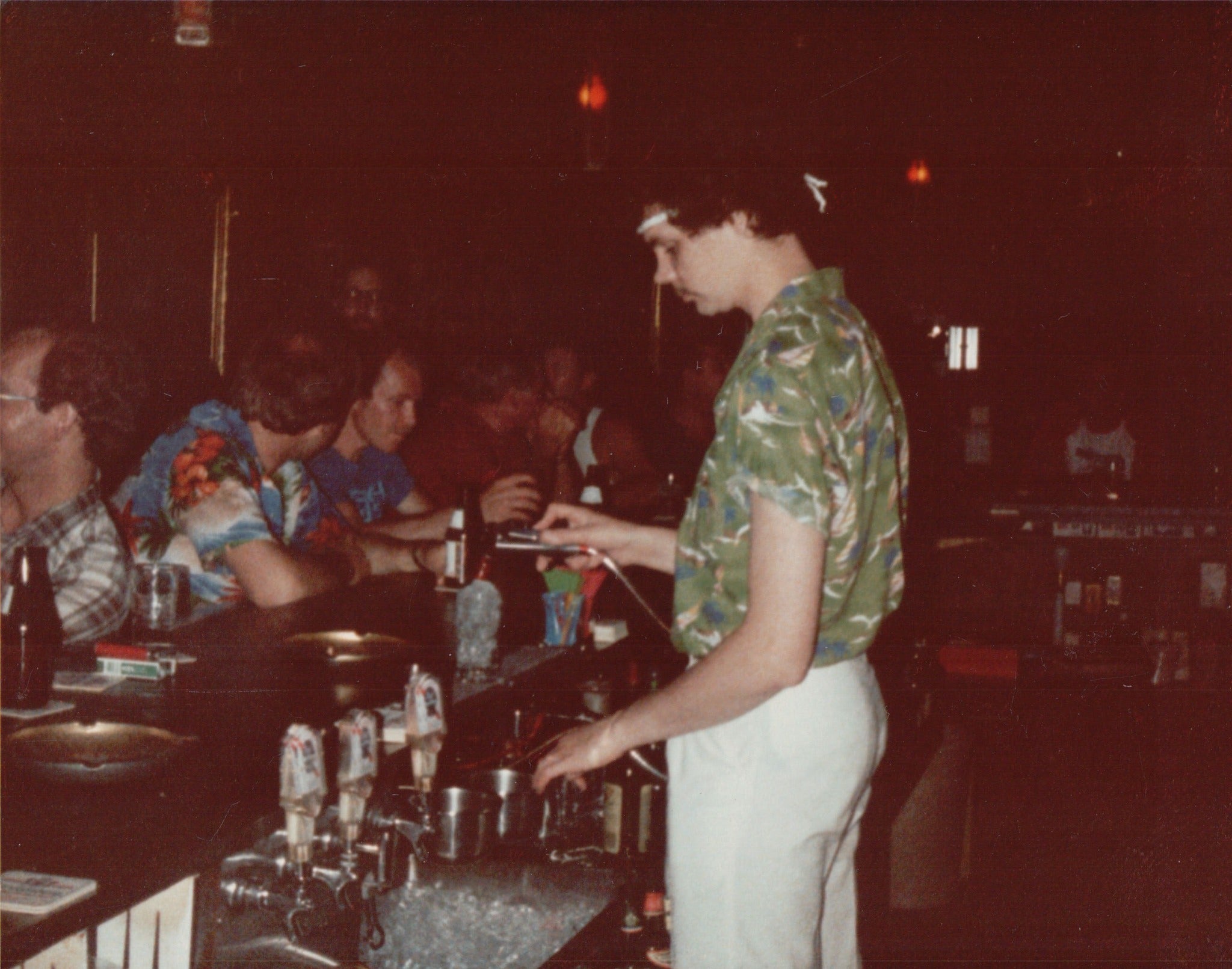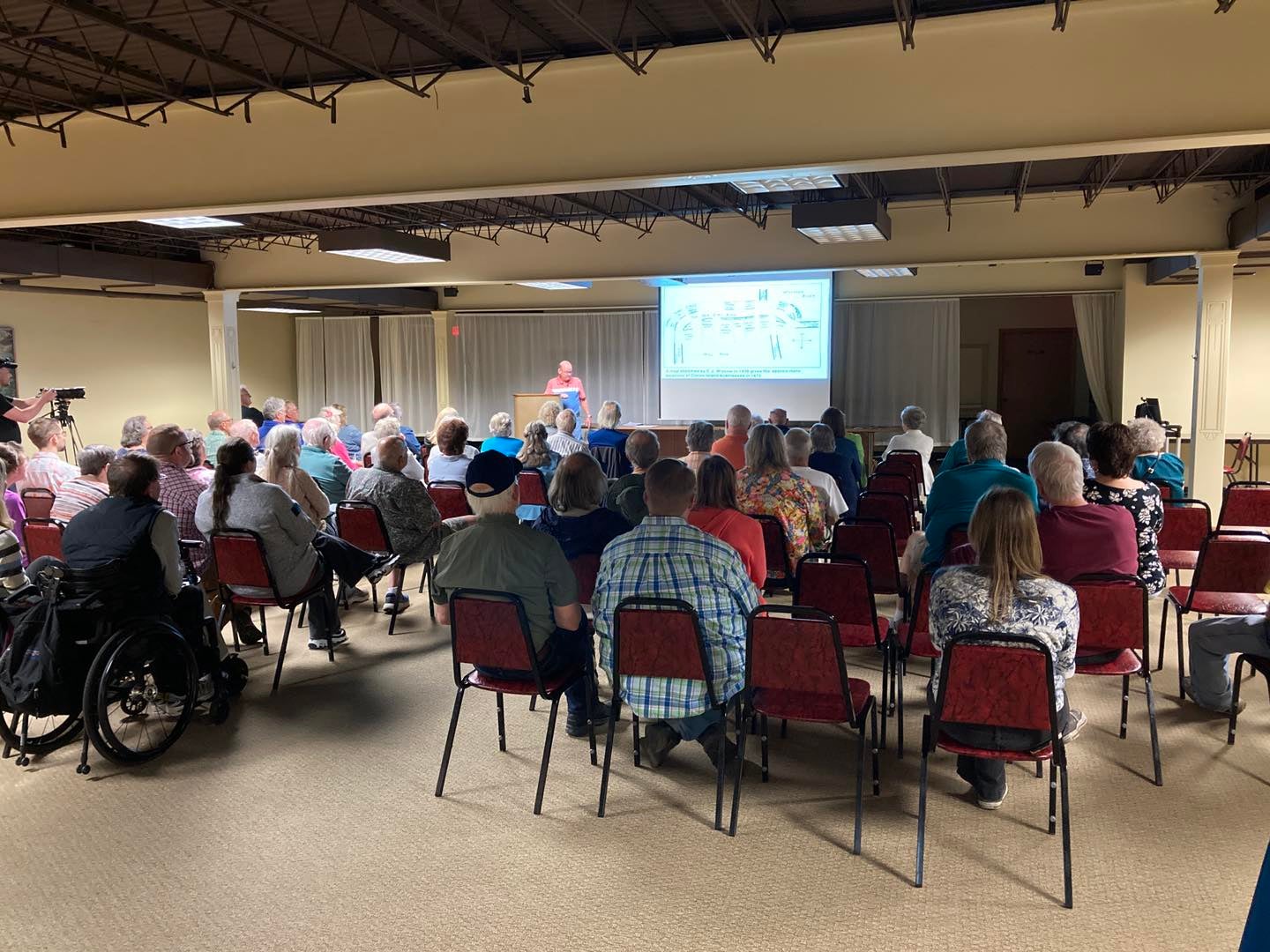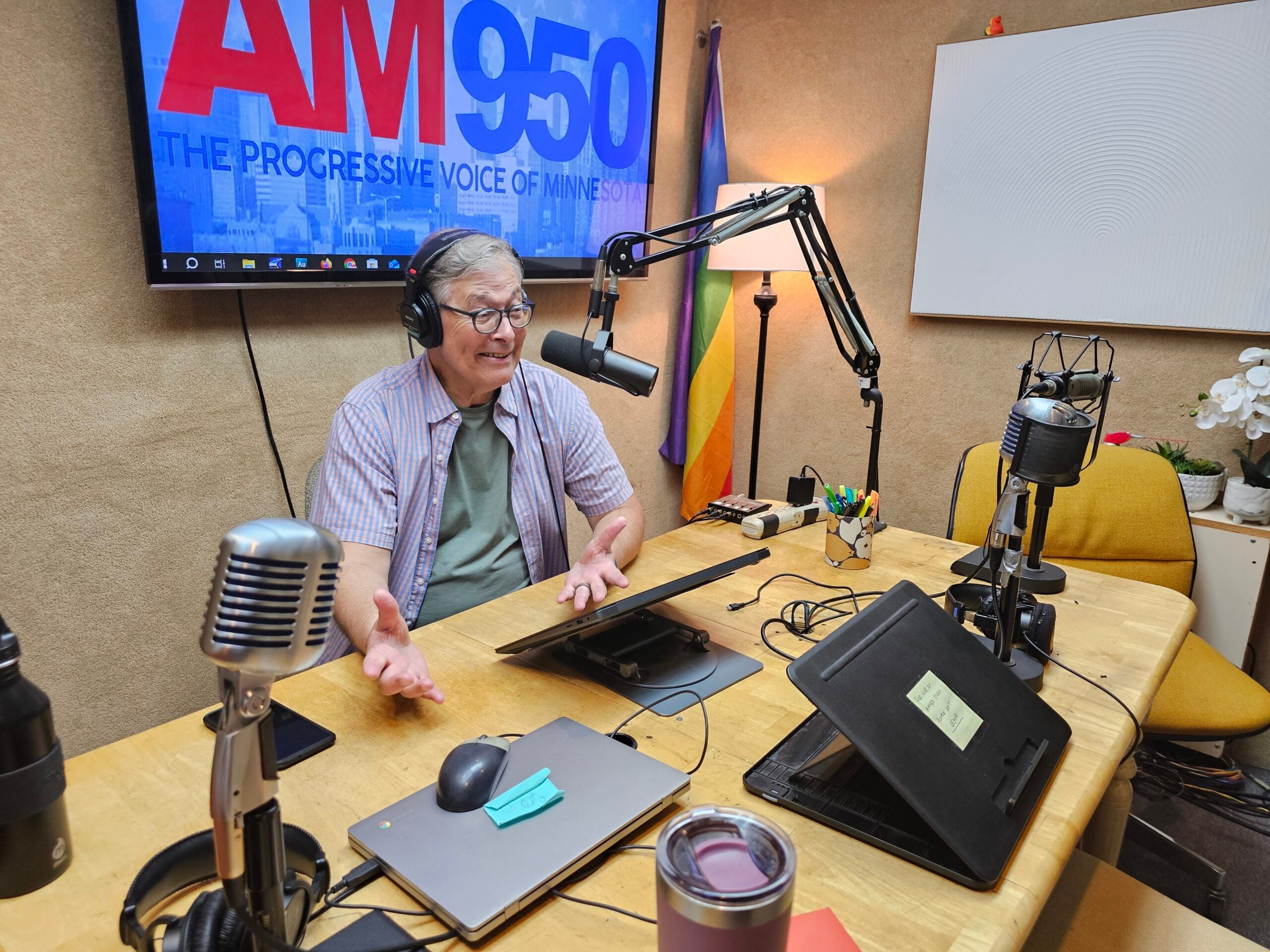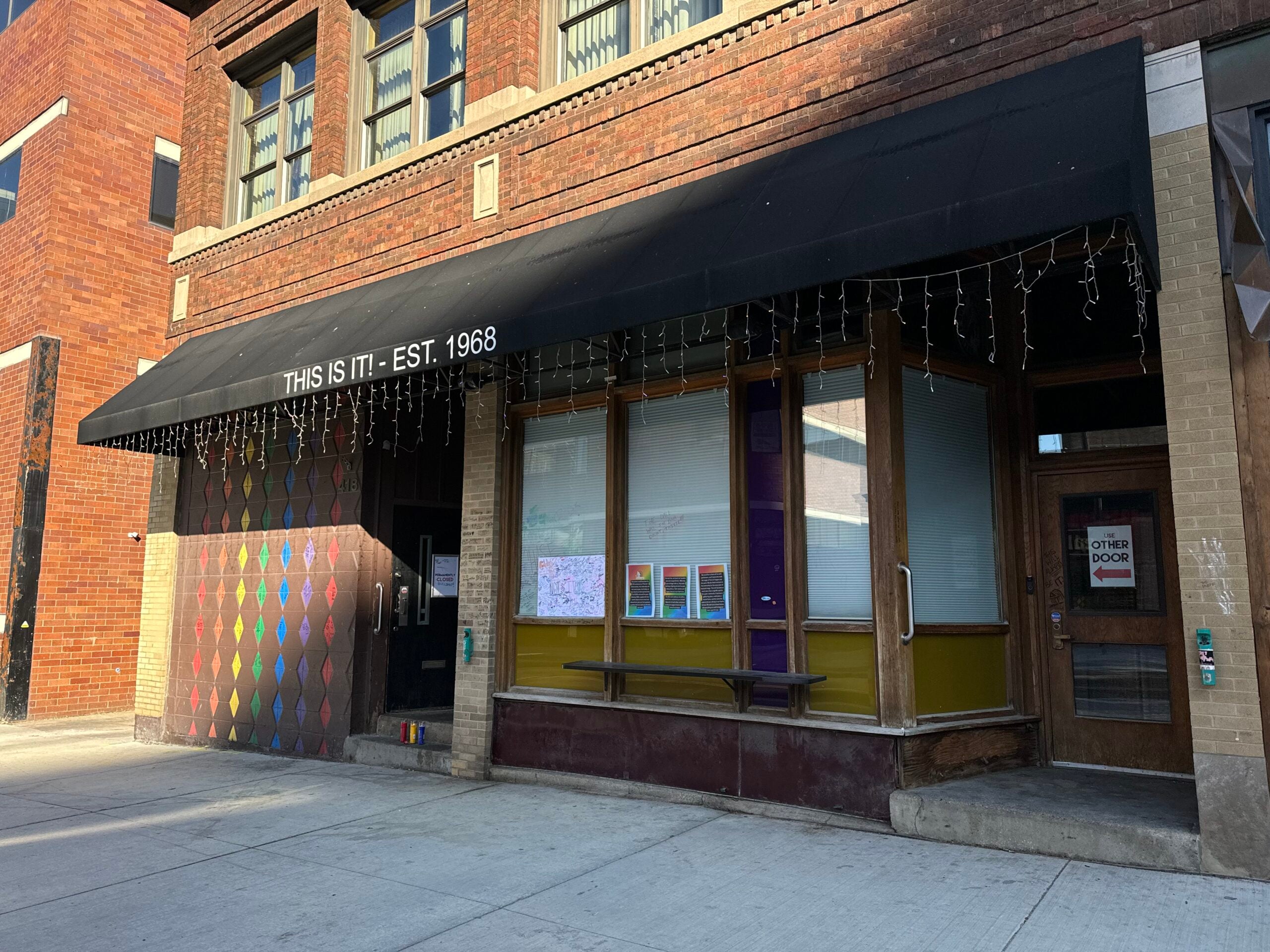Thousands of photos taken over the last 50 years at Milwaukee’s oldest gay bar are now in the hands of the Wisconsin LGBTQ History Project. And while 50 years may not seem like that long ago, photos of people inside gay bars at that time were incredibly rare.
That’s according to Michail Takach, chair of the Wisconsin LGBTQ History Project.
“For most of the 20th Century, gay bars were technically illegal. They operated kind of underground,” he said. “It’s extraordinarily rare for there to be photos inside gay bars before the 90s because people were so uncomfortable with being seen in a gay space.”
News with a little more humanity
WPR’s “Wisconsin Today” newsletter keeps you connected to the state you love without feeling overwhelmed. No paywall. No agenda. No corporate filter.
Takach said people feared blackmail or weren’t out in their everyday lives, so to have a collection from that time period is “almost unheard of.”
But the History Project is now processing thousands of photos taken at This Is It! bar, a staple in Milwaukee’s LGBTQ+ community since it was opened in 1968 by June Brehm.
“She was a married woman and a business owner in the Milwaukee suburbs who’d worked in the restaurant industry and had a lot of gay friends,” Takach recalled. “She couldn’t believe what they put up with just to be in a place where they could be themselves.”
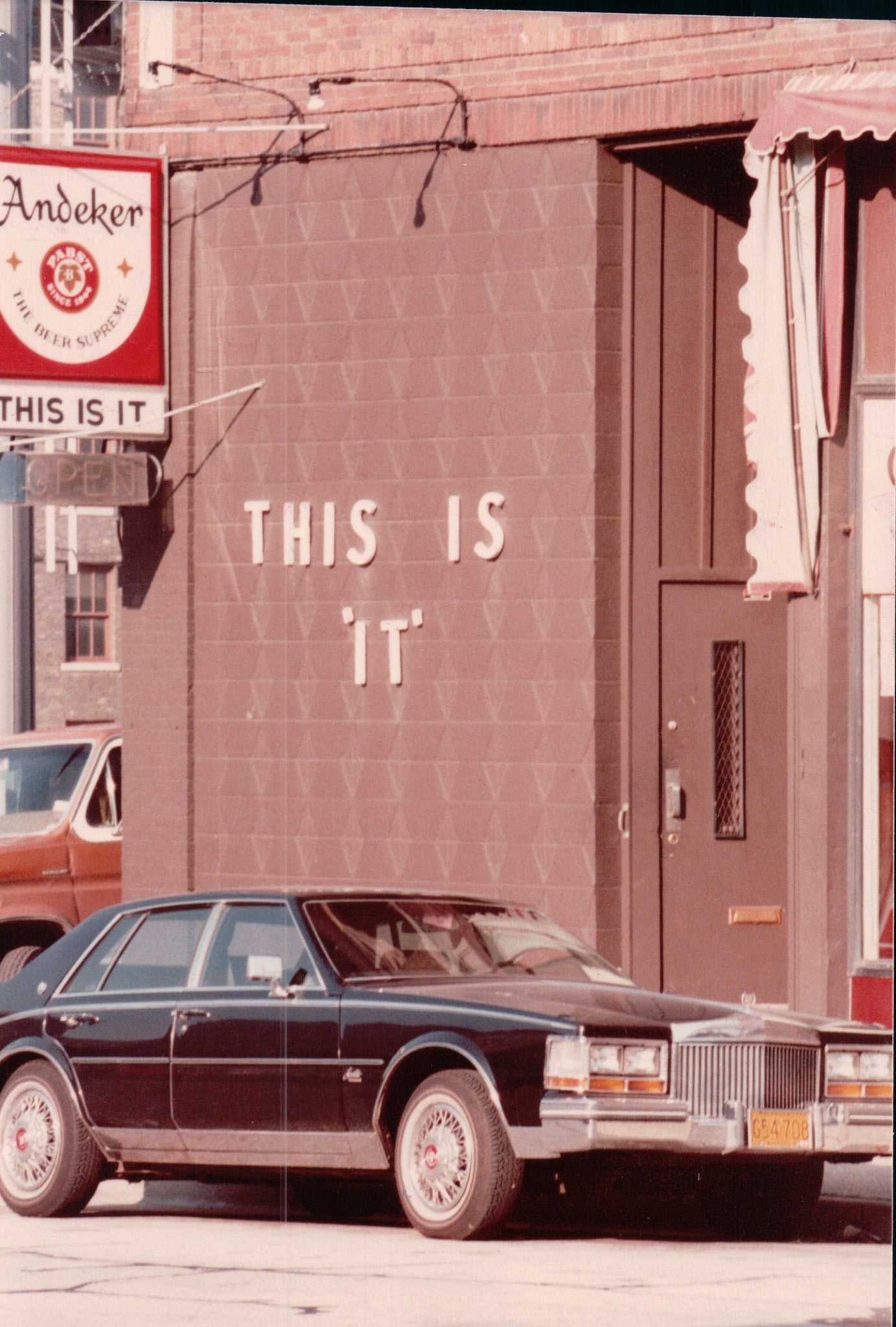
When Brehm opened This Is It! she started taking photos of the people at her bar. The images depict everyday life. People posing, laughing and enjoying beers. They span decades — showing changing fashion as regulars age through the years.
Toward the end of June Brehm’s life, her son Joe Brehm took over management of the bar and continued the tradition. Slideshows of the photos from the 90s onward can be seen on monitors in the bar to this day.
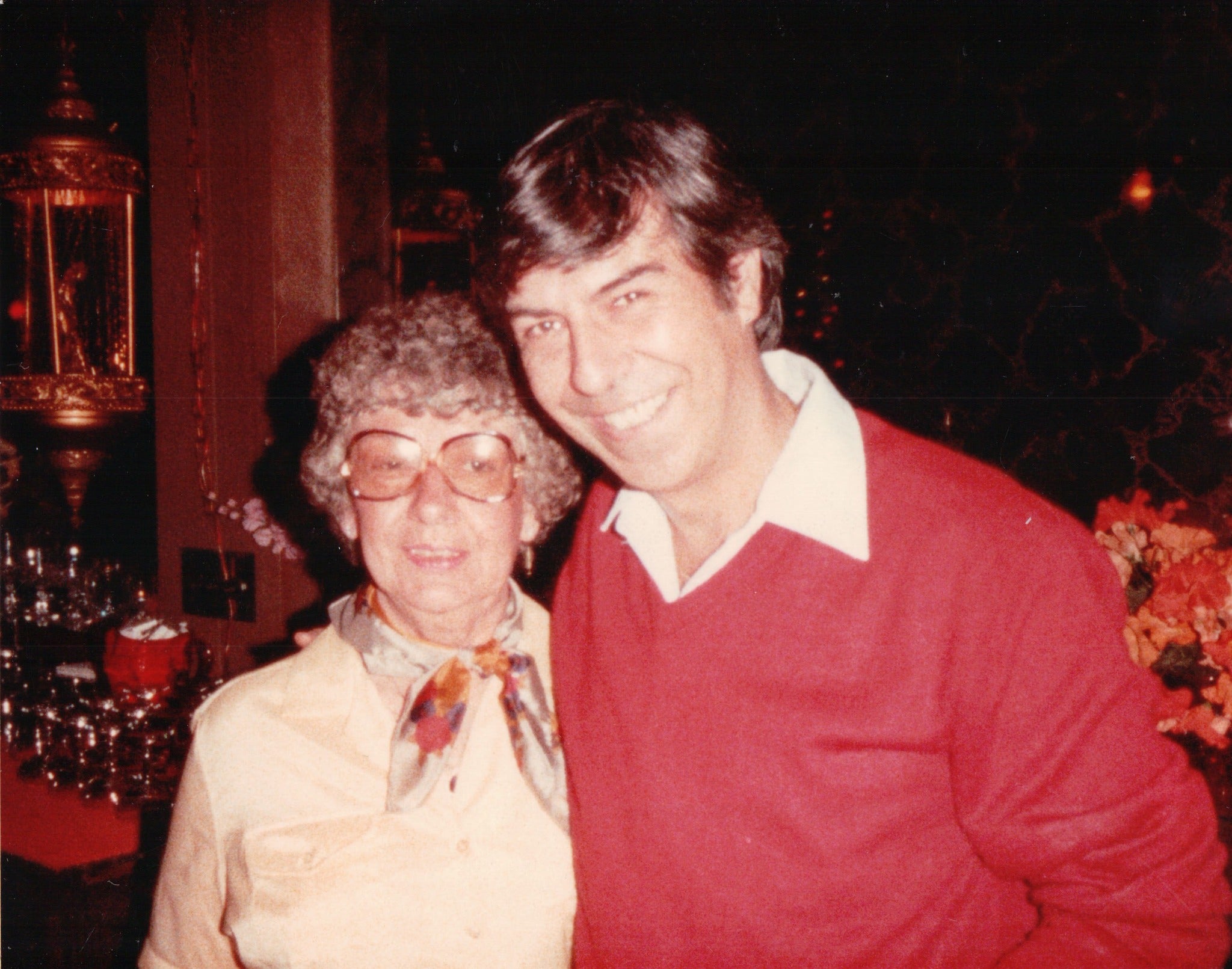
This Is It! has since passed out of family ownership and is now owned and operated by George Schneider and Trixie Mattel. Schneider said when he came on board, he found shoe boxes full of old Polaroids and prints from the bar’s earliest days.
While he worked to digitize some of them, he decided the project needed help from the professionals.
“When I took the business over completely, I felt like I was the custodian of the history,” Schneider said. “It’s very important for me to educate — especially the younger generations that we have coming in — educate them on some of the history of the space itself, the queer community overall.”
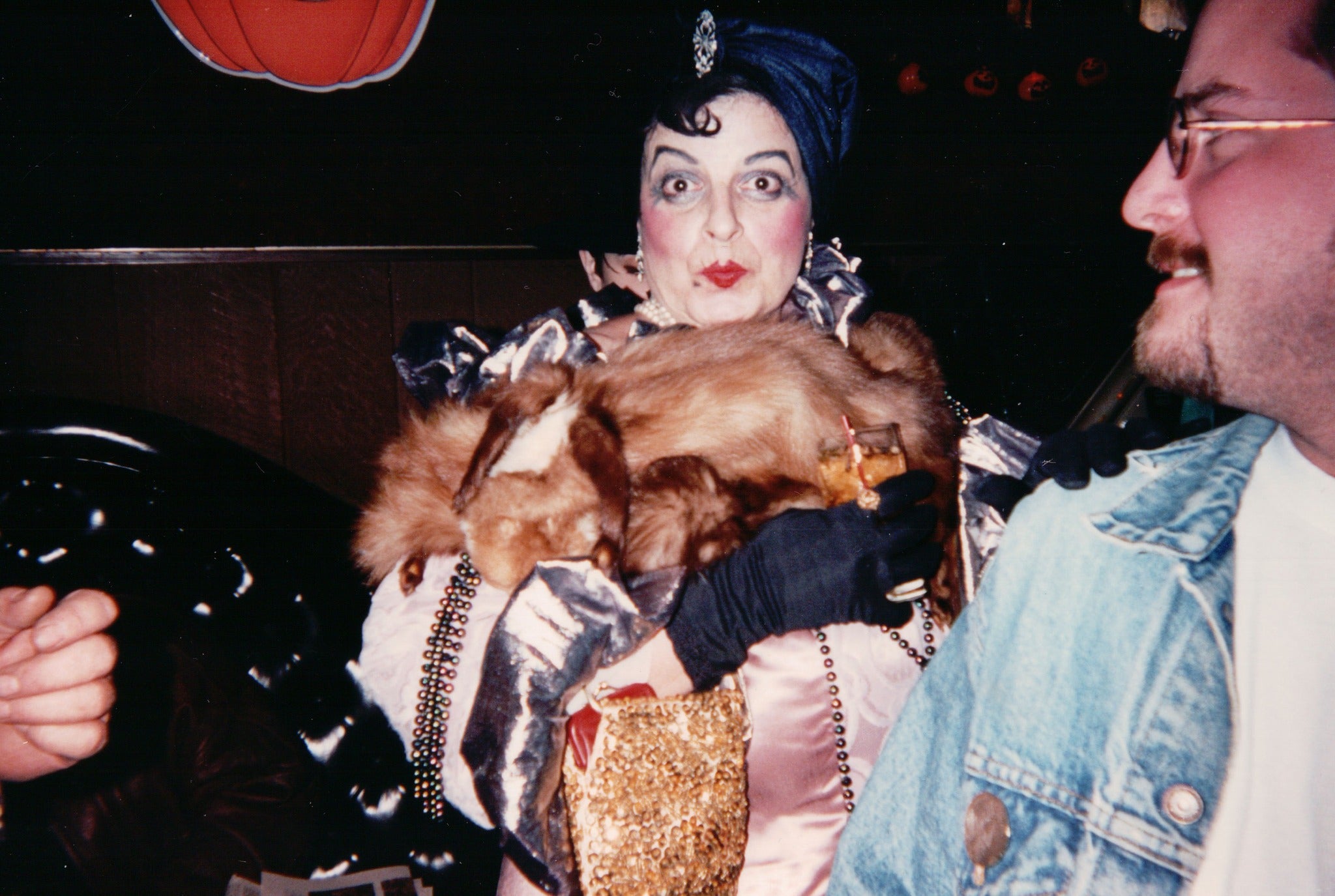
So Takach stepped in. He proposed the History Project scan and archive all of the photos, put them on social media for people to see, while preserving them indefinitely. That work is ongoing.
“When you have a place that’s meant so much, and has been a spiritual center for the community as long as This Is It! has been … that’s really quite a powerful narrative to carry forward and quite a powerful legacy to have in our hands,” he said.
Some batches of photos have already been posted to the History Project’s Facebook page, and more will be added in the coming weeks and months.
For now, Schneider is enjoying all of the activity online, as members of the community identify people in the photos and share memories from the bar.
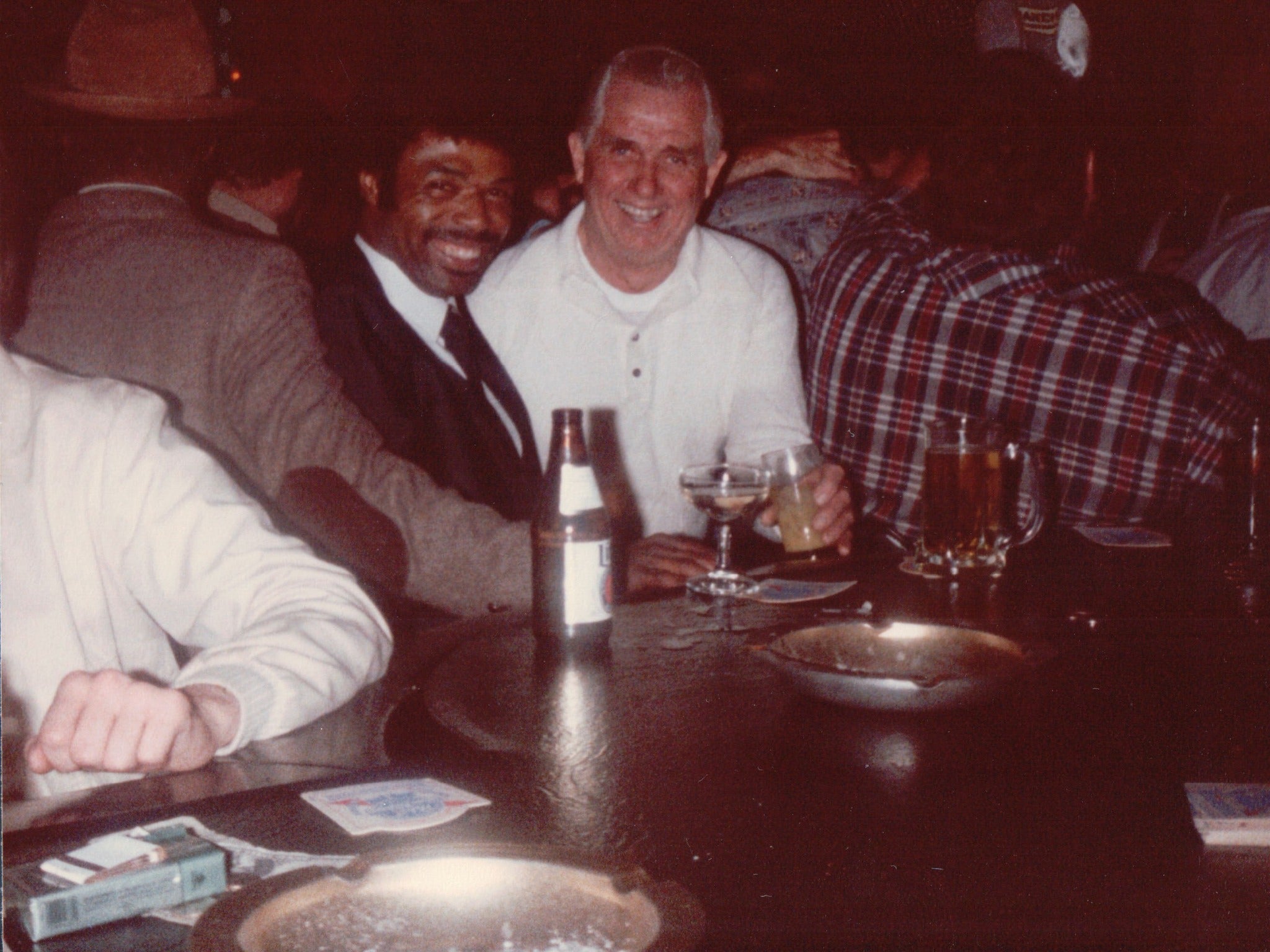
“Watching the feedback and the response on social media … the nostalgia, the memories that it evokes, and IDing people that maybe they haven’t thought of or seen in years, I think that’s the most rewarding next step,” he said.
Takach is just glad to see more people wanting to preserve this kind of history.
“So much of LGBT history was destroyed by people who were just ashamed of it and didn’t know what to do with it and didn’t want anyone to know about it,” he said. “And now we’re kind of seeing the reversal of that. And we’re seeing an evolution of this understanding that this content has value.”
Wisconsin LGBTQ History Project on the road this summer
People across the state can explore those photos and troves of other historical exhibits this summer as the History Project takes to the road.
The organization will hit 20 communities in their Summer to be Seen tour, showcasing people, organizations and places key to Wisconsin LGBTQ+ history. They’ll also give people the chance to share their own stories — building the project’s archive.
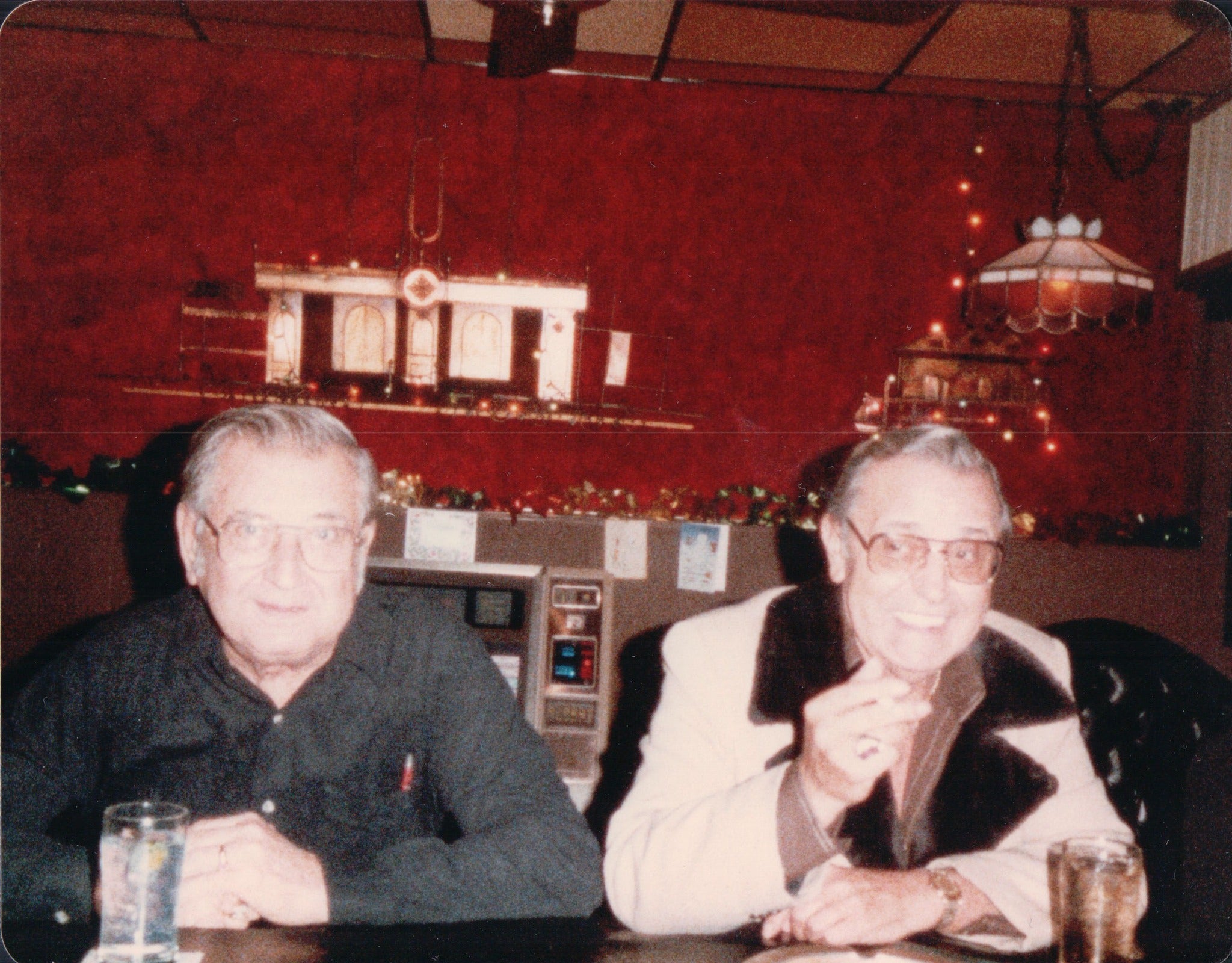
“We’re going to them because the new generations are telling us that they don’t want to have to travel to someone else’s town to have pride festivals,” Takach said. “So this year, we’re going places like Rhinelander and Ashland and Ripon and Platteville and Door County, Wausau — places that are not traditionally seen as gay epicenters — to really extend the value, the reach and the impact of our work.”
Those events run through early October, more details can be found on their website.
Wisconsin Public Radio, © Copyright 2025, Board of Regents of the University of Wisconsin System and Wisconsin Educational Communications Board.

